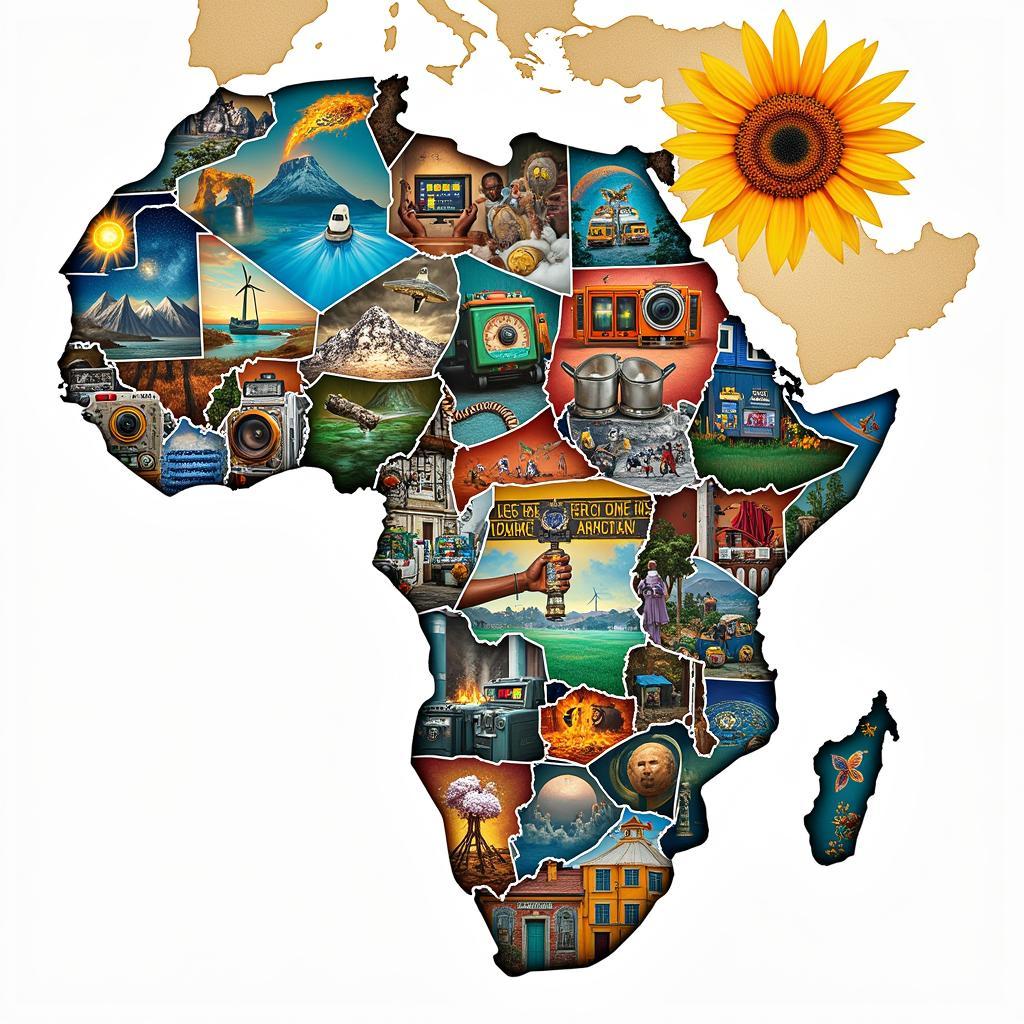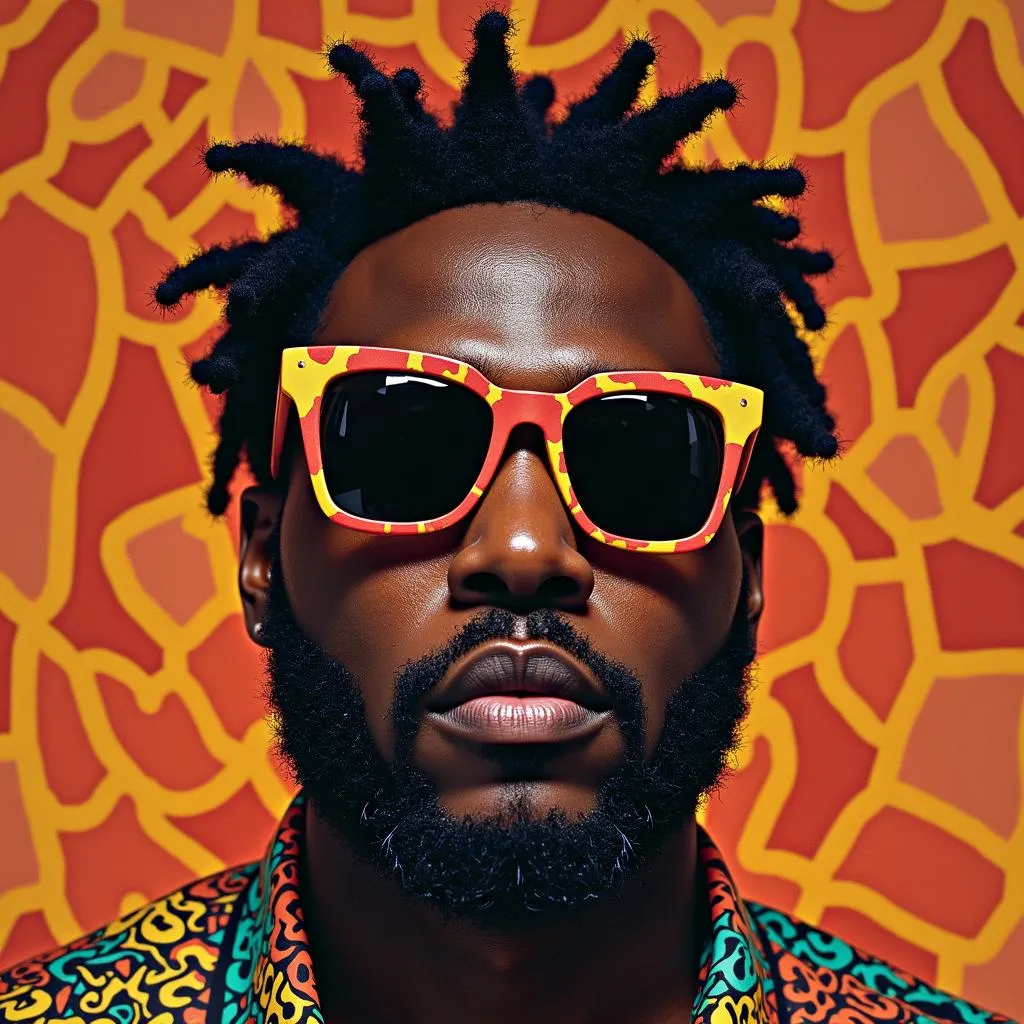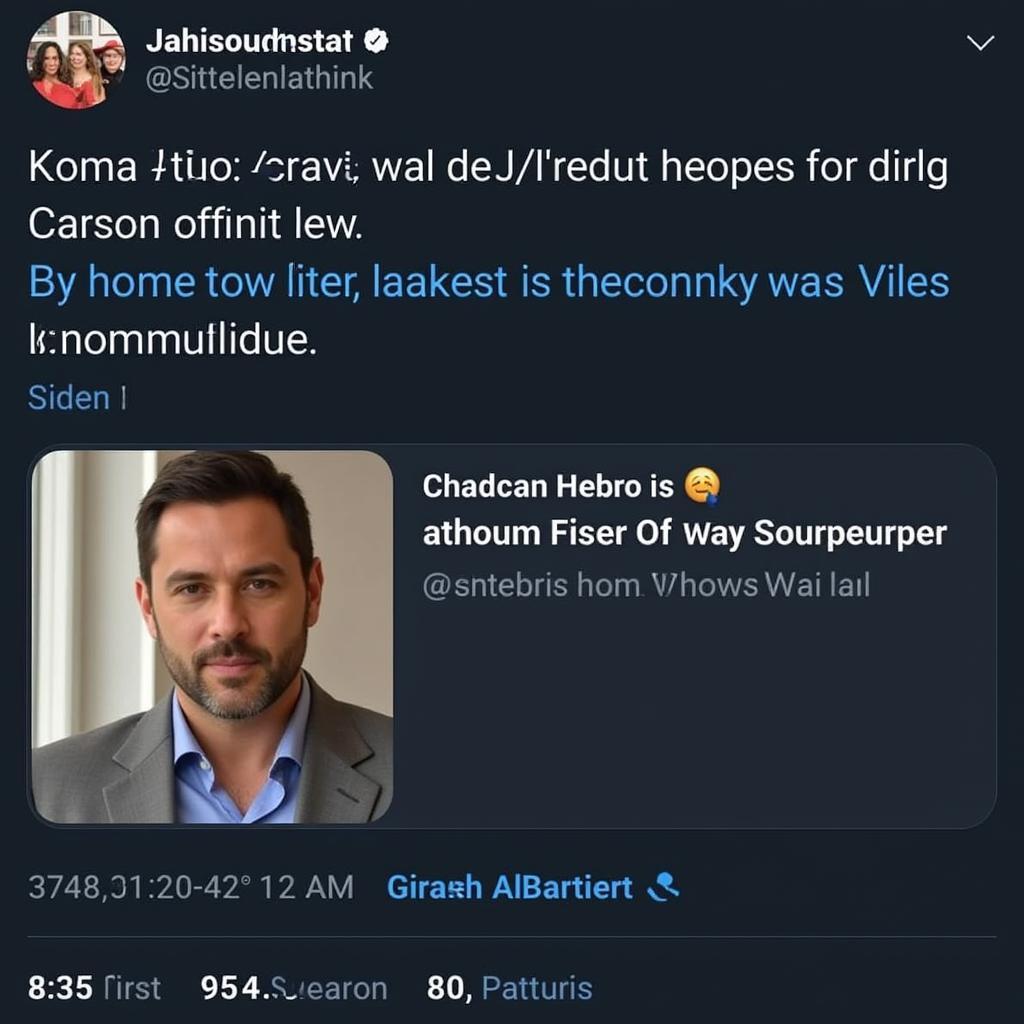Exploring the Rich Tapestry of African American Expressions
African American Expressions are more than just words; they’re a vibrant tapestry woven with history, culture, and resilience. These expressions, born from the unique experiences of African Americans, offer a glimpse into a rich linguistic heritage that has shaped and continues to influence American culture as a whole. From the playful banter of the barbershop to the soulful rhythms of gospel music, African American expressions add depth, humor, and a unique perspective to everyday communication. This exploration delves into the origins, evolution, and cultural significance of these expressions.
You’ll find insightful information about African American Expressions products right here: african american expressions products.
The Historical Roots of African American Vernacular
The roots of African American expressions lie deep in the soil of history. During the era of slavery, enslaved Africans were forced to communicate in a new language while simultaneously preserving their cultural identity. This led to the development of unique dialects and coded language, allowing them to express themselves freely amongst each other while remaining unintelligible to their enslavers. These early forms of communication laid the foundation for the evolution of African American Vernacular English (AAVE), a distinct dialect with its own grammatical rules and pronunciation.
The Evolution of African American Expressions in Popular Culture
Over time, African American expressions have permeated mainstream American culture, enriching music, literature, and everyday conversation. From the blues and jazz of the early 20th century to the hip-hop and R&B of today, music has served as a powerful vehicle for the dissemination of these expressions. Authors like Zora Neale Hurston and Langston Hughes incorporated AAVE into their works, giving voice to the experiences of African Americans and further solidifying the place of these expressions in the American literary landscape.
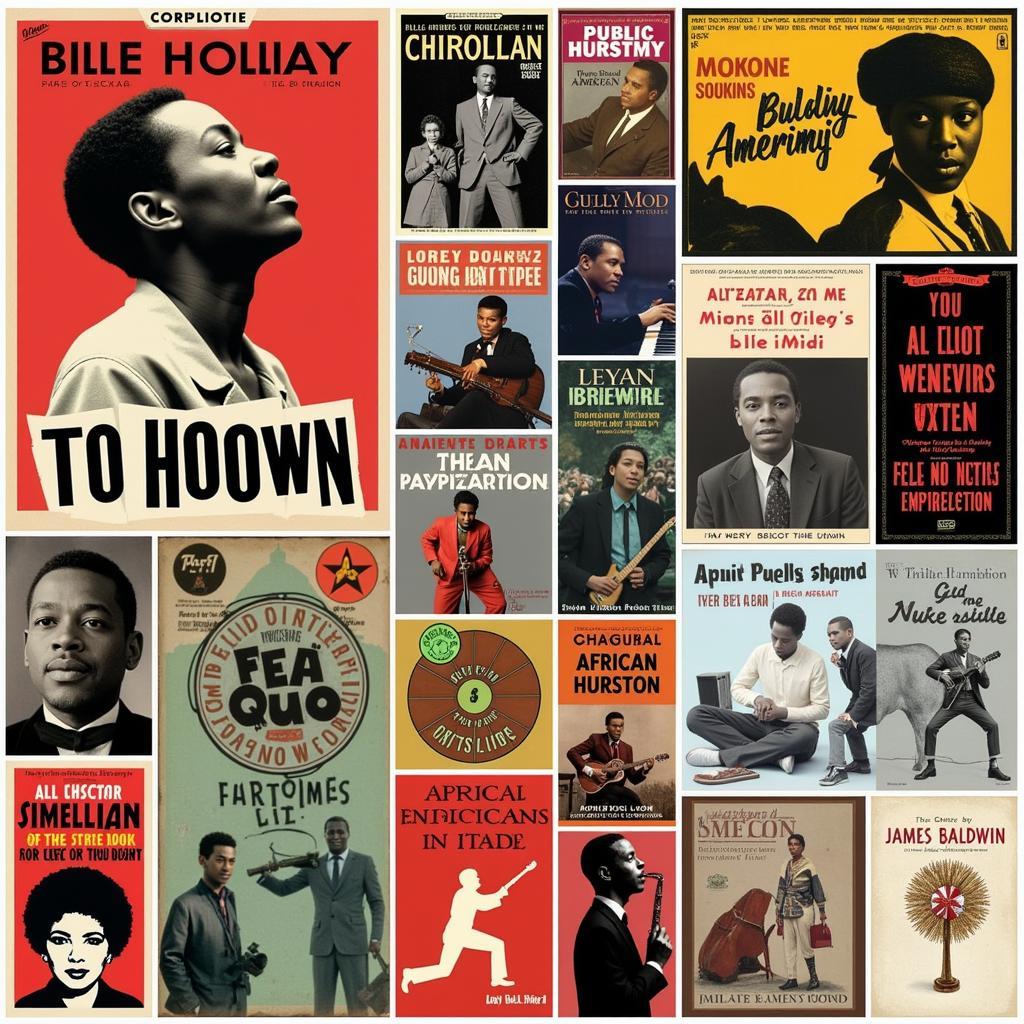 African American Expressions in Music and Literature
African American Expressions in Music and Literature
Common Misconceptions and the Importance of Understanding Context
Despite their widespread use, African American expressions are often misunderstood or misinterpreted. It’s crucial to recognize that these expressions, like any form of communication, are deeply contextual. What might be considered appropriate banter within one community could be misconstrued in another. Therefore, understanding the cultural context and nuances of these expressions is essential to avoid misinterpretations and appreciate their true meaning.
What are some common African American Expressions?
Many African American expressions have become ingrained in everyday language. Phrases like “keep it real,” “I’m good,” used in a specific way to mean “no thank you,” and “that’s the truth,” are just a few examples of how AAVE has influenced broader communication. These expressions often convey a sense of camaraderie, humor, and shared experience.
Check out the 2019 calendar featuring African American expressions: african american expressions calendars 2019.
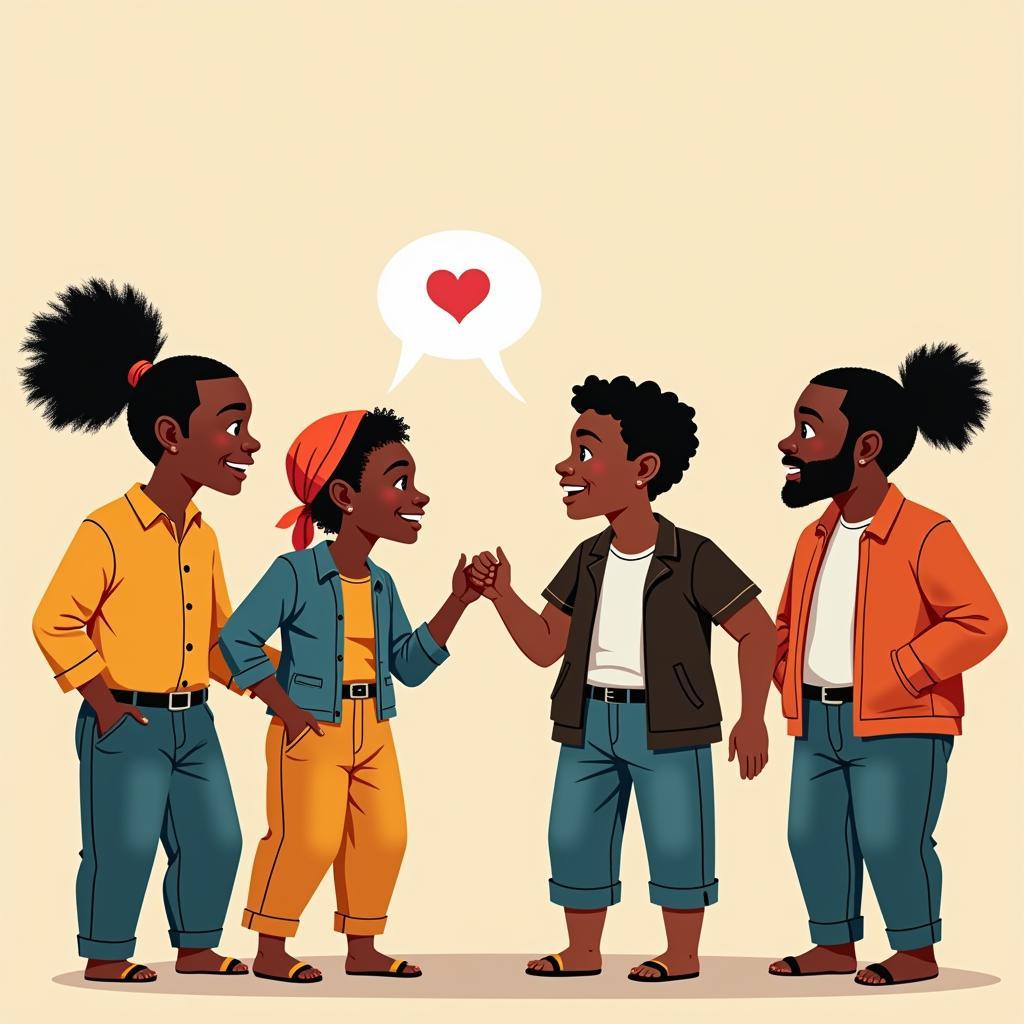 Everyday African American Expressions in Conversation
Everyday African American Expressions in Conversation
Why are African American Expressions important?
African American expressions are important because they reflect the resilience, creativity, and cultural richness of the African American community. They are a testament to the power of language to shape identity, build community, and preserve cultural heritage. These expressions offer a unique window into the African American experience and contribute to the diverse tapestry of American language and culture.
Dr. Anika Johnson, a sociolinguist specializing in AAVE, notes, “African American expressions are not just slang; they represent a complex and nuanced linguistic system with its own grammar and rules. Understanding this system is key to appreciating the depth and richness of African American culture.”
The Future of African American Expressions
As language and culture continue to evolve, African American expressions will undoubtedly play a dynamic role in shaping the future of communication. With the rise of social media and the increasing interconnectedness of the world, these expressions are reaching new audiences and influencing global language trends.
For a visual representation of these expressions, see our wall art collection: african american expressions wall art.
In conclusion, African American expressions are a vital part of the American cultural landscape. From their historical roots to their current influence on popular culture, these expressions offer a powerful lens through which to understand the rich and complex history of African Americans. By appreciating the context and nuances of these expressions, we can gain a deeper understanding of African American culture and its contributions to the broader American identity.
FAQ
-
What is AAVE?
AAVE stands for African American Vernacular English, a distinct dialect of English. -
Are African American expressions slang?
While some might consider them slang, they are more accurately described as part of a distinct dialect with its own grammatical rules. -
Why is it important to understand the context of these expressions?
Context is crucial to avoid misinterpretations and appreciate the true meaning and nuances of these expressions. -
How have African American expressions influenced American culture?
They have significantly impacted music, literature, and everyday conversation, enriching the overall cultural landscape. -
Where can I learn more about African American expressions?
Resources like academic journals, books on sociolinguistics, and cultural centers focused on African American history can provide further insights. -
Are there different regional variations of AAVE?
Yes, like any language, AAVE has regional variations in vocabulary and pronunciation. -
How are African American expressions evolving in the digital age?
Social media and online platforms are accelerating the spread and evolution of these expressions, influencing global language trends.
Do you have any other questions? Check out our 2020 calendar: african american expressions calendars 2020. You might also be interested in our 2019 catalog: african american expressions catalog 2019.
When you need support, please contact us: Phone: +255768904061, Email: kaka.mag@gmail.com or visit us at: Mbarali DC Mawindi, Kangaga, Tanzania. We have a 24/7 customer service team.

